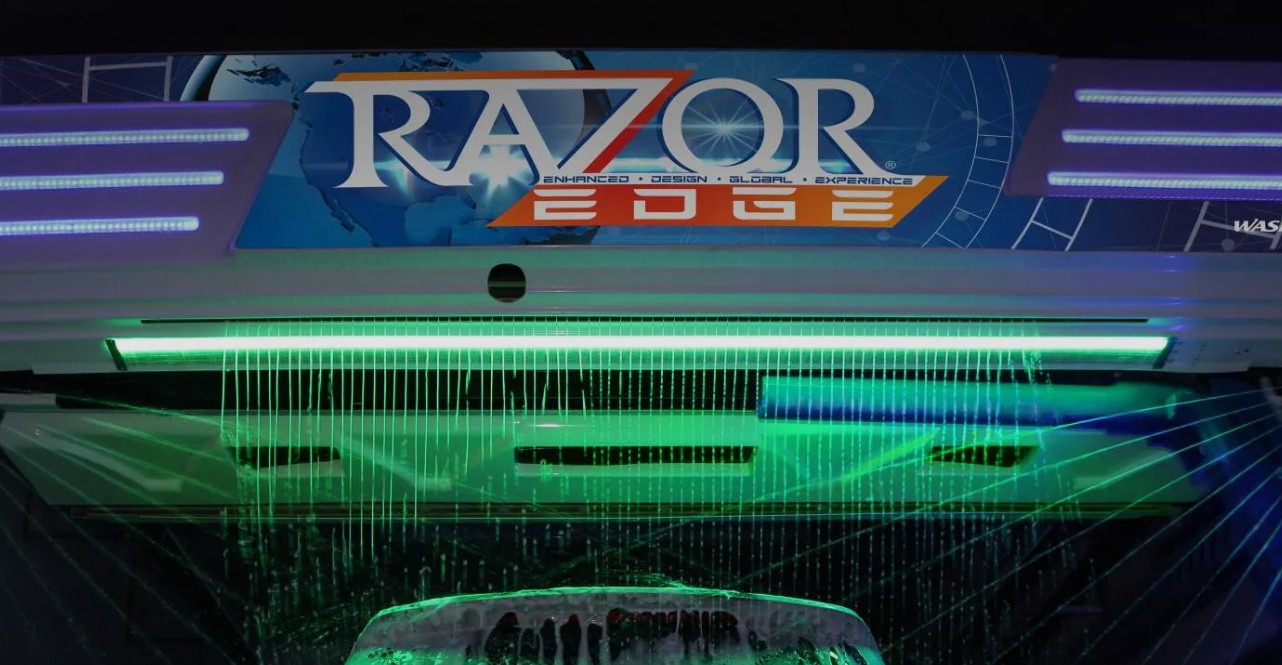The Federal Circuit issued a split ruling in Wash World Inc. v. Belanger Inc., affirming the district court’s judgment of infringement but vacating the lost profits damages award due to improper inclusion of convoyed sales.
The case presents key takeaways on claim construction waiver, convoyed sales damages, and preserving post-trial remedies, with important implications for managing patent risks and damages strategies.
Background
Belanger Inc., holder of U.S. Patent No. 8,602,041 covering a lighted spray arm in an automated car wash system, accused Wash World’s “Razor EDGE” system of infringement. Wash World responded with a declaratory judgment action and was found liable for infringement of independent claim 7 and several dependent claims. A jury awarded over $10 million in damages, primarily as lost profits.
Claim Construction: Know Your Limits on Appeal
Wash World appealed on the basis that the district court improperly failed to construe three key claim terms:
- “Outer cushioning sleeve”
- “Predefined wash area”
- “Dependingly mounted from”
The Federal Circuit, applying a strict forfeiture rule, found that Wash World had waived its proposed constructions on the first two terms by not clearly presenting them to the district court.
Wash World’s pivot from its trial construction (“thick sleeve of extruded foam plastic”) to a new appellate construction (“soft and resilient…can spring back into shape”) was deemed materially different and untimely. Similarly, its appellate interpretation of “predefined wash area” as requiring invariant dimensions and pre-wash definition was new and forfeited.
Only the “dependingly mounted from” issue was properly preserved. The court affirmed that both direct and indirect mounting satisfied the claim, rejecting Wash World’s noninfringement theory based on the use of an intermediate trolley.
This opinion underscores the importance of framing claim construction disputes early and clearly. Implicit arguments or vague references to functional limitations may be insufficient. The Federal Circuit will enforce waiver unless “exceptional circumstances” are shown.
Damages: The Limits of Convoyed Sales
While Wash World’s claim construction arguments were mostly waived, it succeeded on appeal in challenging a significant portion of the jury’s $9.8 million lost profits award — approximately $2.58 million tied to convoyed (i.e., unpatented) components sold alongside the patented system.
The legal standard for convoyed sales is exacting. Under Rite-Hite v. Kelley Co., to recover lost profits on unpatented components sold with a patented item, a patentee must prove that the items together constitute a functional unit — that is, components that are physically and functionally interrelated in such a way that they operate together as part of the patented invention.
What the patentee cannot do is claim lost profits on items that are merely sold together as a matter of customer convenience or commercial packaging. This is a critical line — and one Belanger crossed, according to the Federal Circuit.
At trial, Belanger’s damages expert, Dr. McDuff, offered lost profit calculations based on sales of the entire car wash system, including dryers and other components not covered by the asserted patent claims. His per-unit lost profit number — $53,866 — incorporated profits from those unpatented components. Critically, the jury awarded damages that exactly matched his bottom-line estimate, making it clear that convoyed sales were part of the jury’s calculation.
Belanger attempted to defend the inclusion by arguing that the products were “typically” sold as a package and that dryers were installed in roughly 75% of Belanger’s IBA systems. But the Federal Circuit found that this testimony — emphasizing sales custom rather than functional integration — fell short of establishing the required functional relationship. As the court put it, “selling the products together as a package is the exact sort of ‘matter of convenience or business advantage’ that does not, in and of itself, give rise to damages liability.”
The Federal Circuit was also unmoved by Belanger’s argument that the general verdict form precluded remittitur. Although the jury did not specify how much of its award was attributable to convoyed sales, Belanger had repeatedly told the district court that the jury adopted Dr. McDuff’s model — a point that judicially estopped it from arguing otherwise on appeal.
In light of the above, the court ordered remittitur of $2,577,848 and directed the district court to enter a reduced damages award.
By Charles Gideon Korrell

